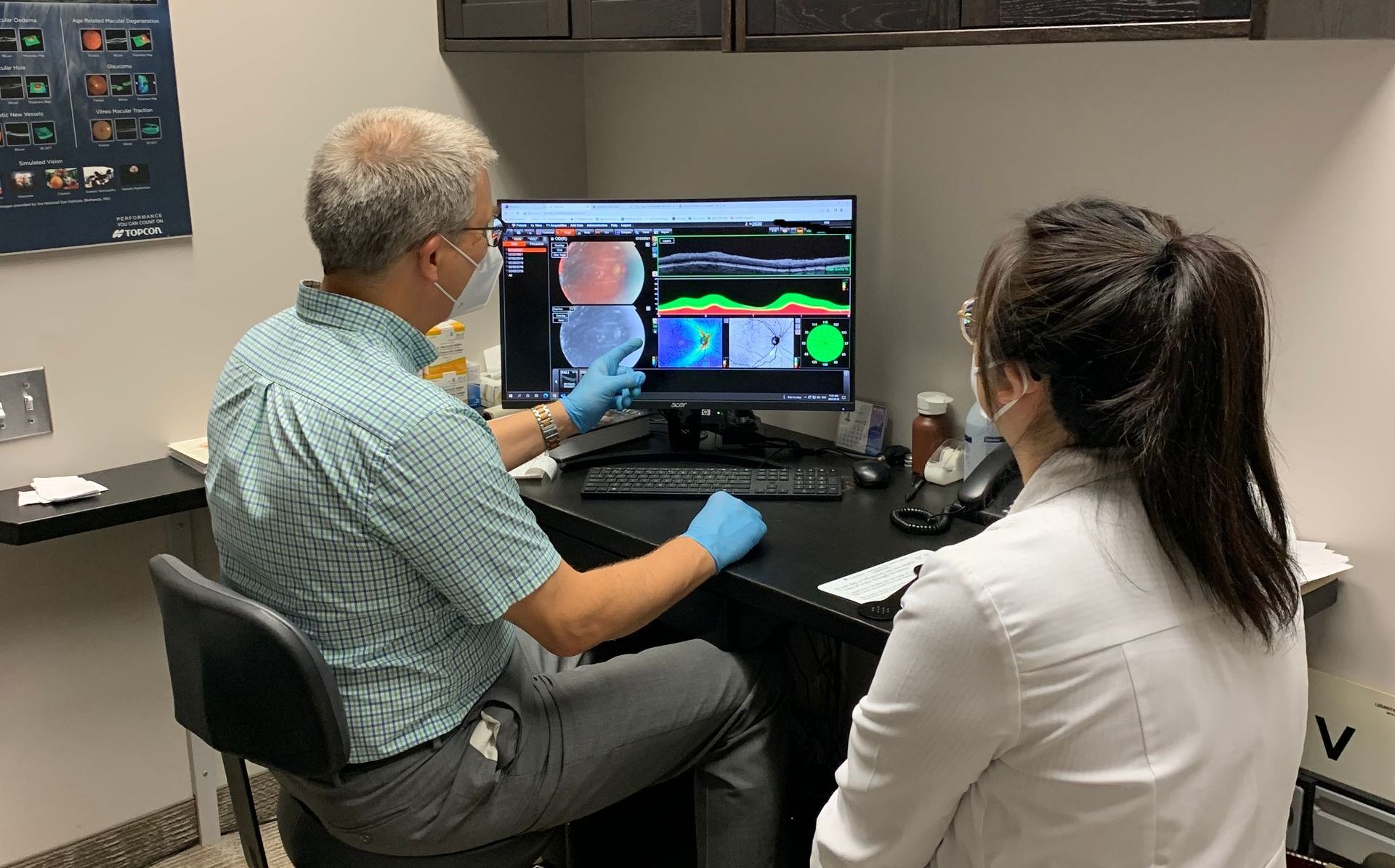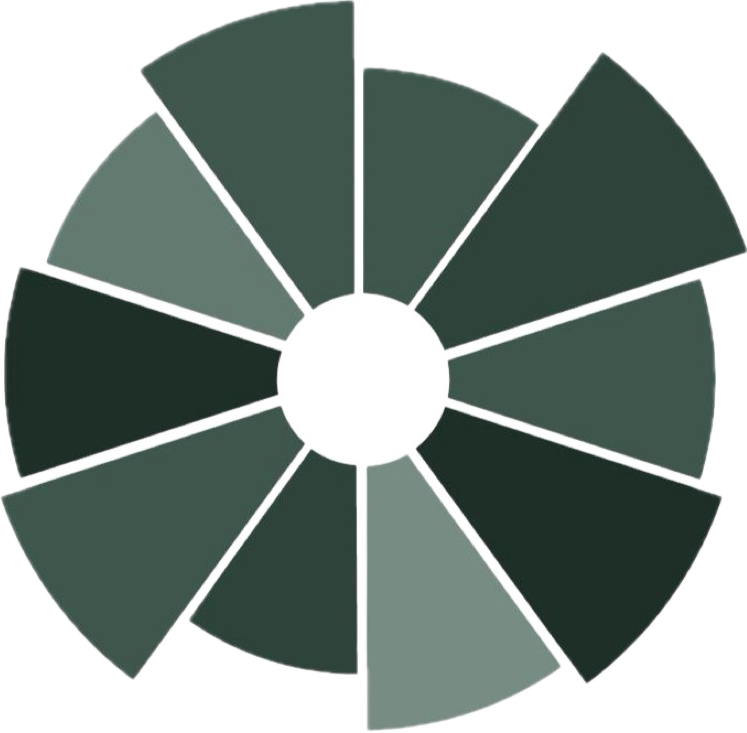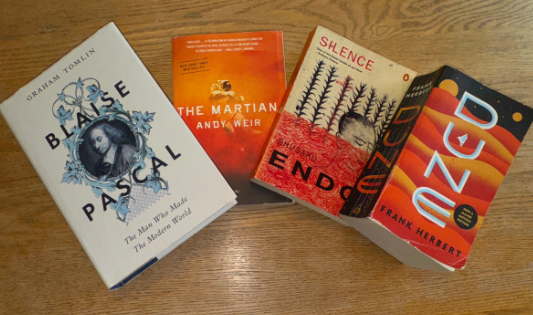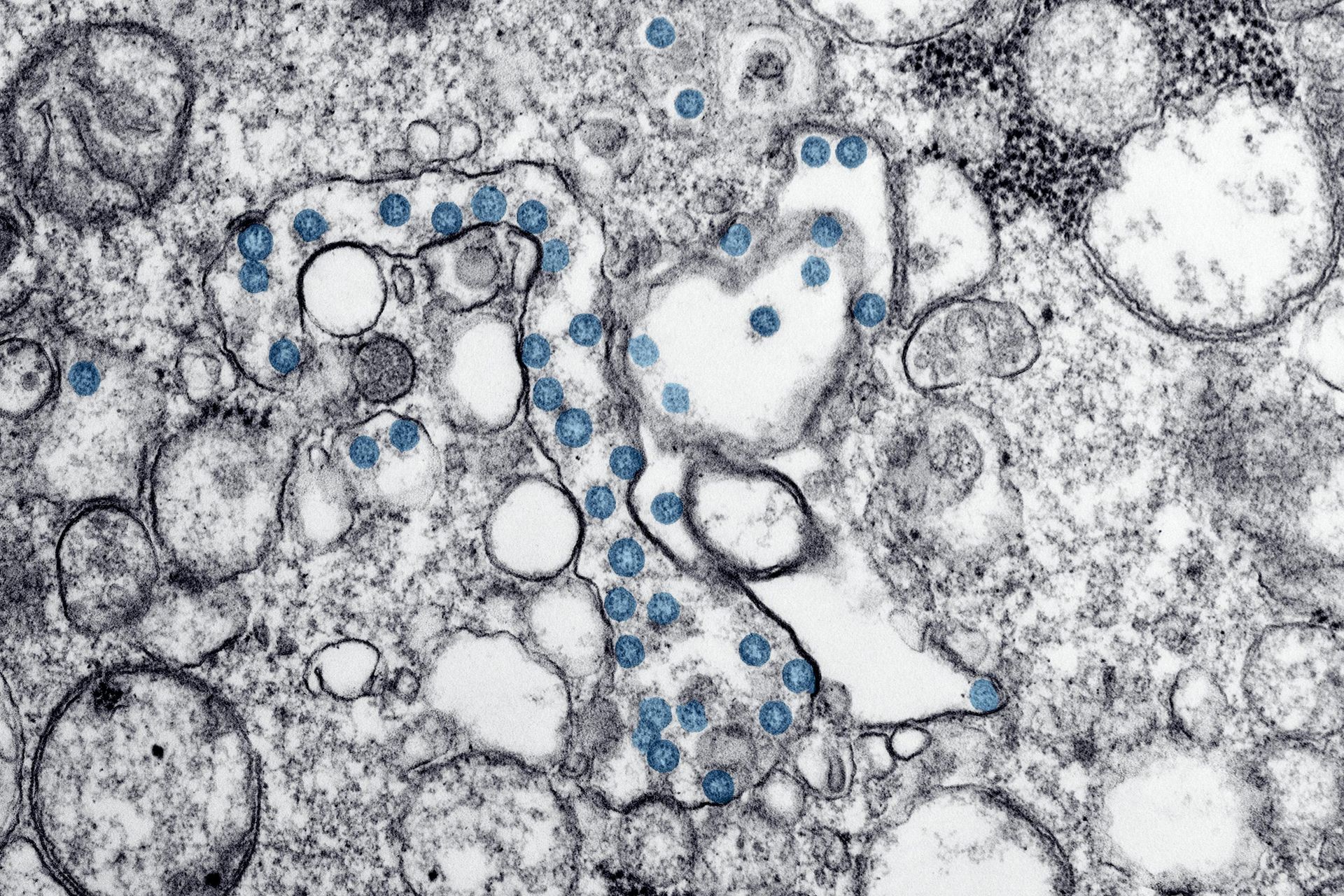A Local Authority Writes on Macular Degeneration

Blog vol 3. 41. A Local Authority Writes on Macular Degeneration.
In the latest issue of Eye, Hamilton’s own Dr. Varun Chaudhary writes an editorial about macular degeneration treatments. Dr. Chaudhary is the Head of Ophthalmology at the Hamilton Regional Eye Institute and the Editor-in-Chief of the Canadian Journal of Ophthalmology. At Burlington Eyecare, we have the good fortune of having Dr. Chaudhary just across the Bay.
In his editorial in Eye, he addresses the need for more custom-tailored treatment regimens with anti-vascular endothelial growth factor (anti-VEGF). (See here for article)
The discovery of anti-VEGF injections has been a dramatic breakthrough in the treatment of neovascular, age-related macular degeneration (nAMD). People used to permanently lose their central vision, there was no way to stop it, and fluid would build up at the macula causing scarring.
Laser grid treatments, then later Visudyne were the only options until anti-VEGF. Anti-VEGF treatments are actually able to reverse the degeneration process and literally clean it up. These treatments involve injecting the drug into the eye and, of course, the fewer treatments the better. What Dr. Chaudhary notes is the gap between the results of clinical trials and the results of real-world clinical practice. The development of the “treat and extend” paradigm has been an attempt to eliminate this gap.
VEGF treatment starts with 3 monthly loading doses, though some research is questioning this dosing for all cases. Future studies will look into variations on this dosing to see if it can be individualized. Presently anti-VEGF is started based on new macular hemorrhages, reduced visual acuity, and/or the presence of intraretinal and subretinal fluid. But as more advanced imaging modes are developed, this could be fine-tuned using less obvious biomarkers to make more accurate predictions. This is what Dr. Chaudhary is proposing.
As we learn more about variations in the disease, we can individualize treatment for each patient, improving effectiveness.
At Burlington Eyecare, we routinely perform optical coherence tomography (OCT) scans on most of our patients. These are the type of scans that, if done more frequently, would benefit our patients under anti-VEGF treatment. It would also be helpful to have a way to make these scans readily accessible to the retinologist.
With anti-VEGF treatments, most people with macular degeneration will not lose substantial vision, a wonderful, wonderful thing. We look forward to working with new treatment regimens as they become available.
til next week,
the good doctor






